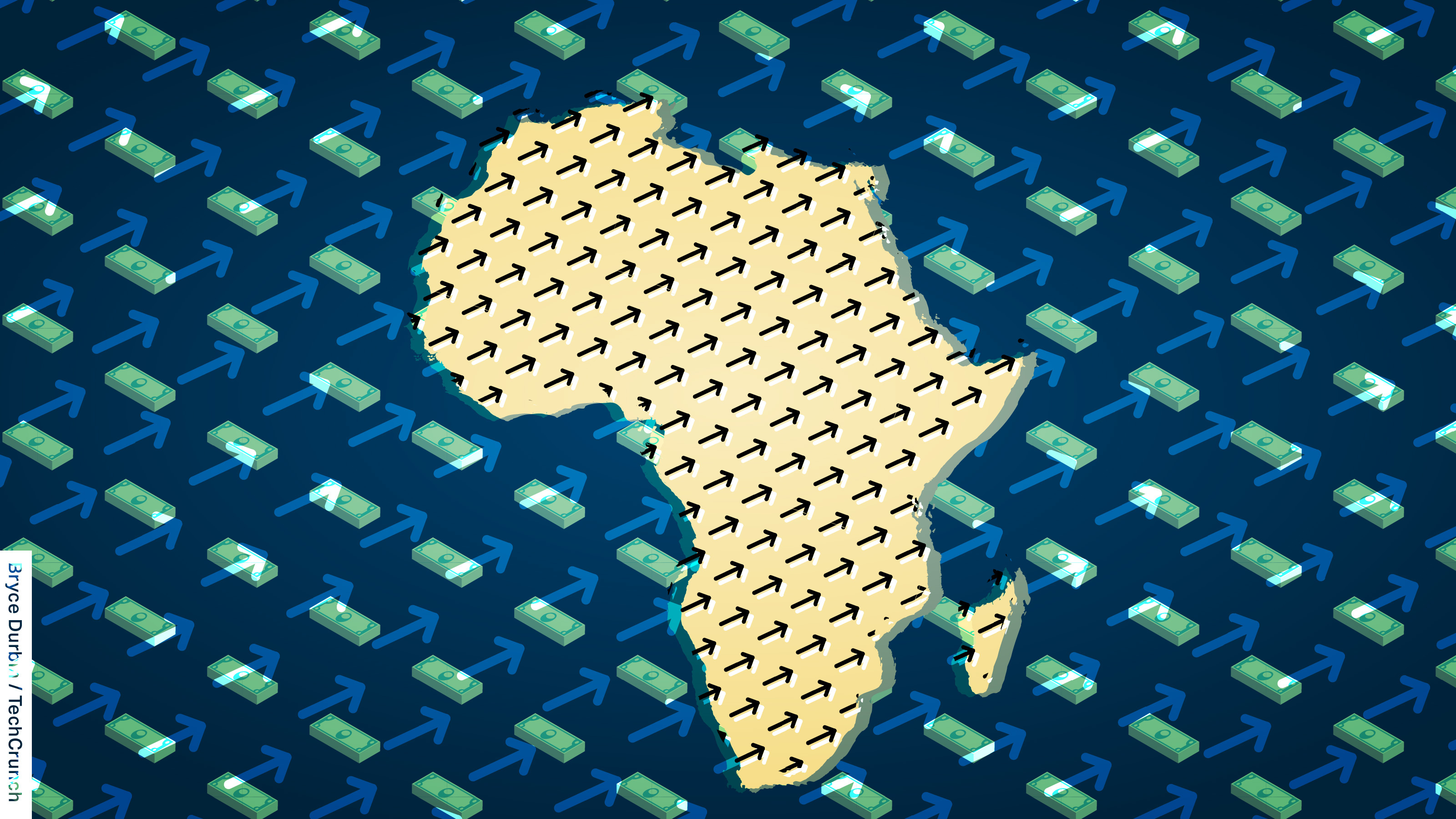Welcome to Startups Weekly, a fresh human-first take on this week’s startup news and trends. To get this in your inbox, subscribe here.
Indiegogo, an early startup that capitalized on the crowdfunding movement, will begin more closely screening crowdfunding campaigns on its platform, it announced this week.
The Verge says that the company created an internal review board to oversee and evaluate the riskiest campaigns on its platform, as determined by its community of backers. This board can ban owners from launching campaigns or just enforce broader terms of service to ensure legitimacy. The startup also made an alliance with its chief rival, crowdfunding platform GoFundMe, to create a new entity for best practices and to remove bad actors.
Here’s a key excerpt from the story by Kim Lyons:
“Candidly, we have not always lived up to our backers’ expectations,” said Will Haines, vice president of product and customer trust at Indiegogo. When the company launched in 2008, there were few restrictions on would-be entrepreneurs seeking to raise money from like-minded backers. But Haines says that “open” isn’t what the crowdfunding community really wants now, more than a decade later.
I’m not going to lie, I was a little surprised this didn’t get more attention on Twitter (despite my best efforts). While I’m not in the business of theorizing why that was, I do have the luxury of asking people questions about their thoughts, retweets be damned. My immediate question for folks was, “What does Indiegogo’s new stance mean for the broader crowdfunding market?” After all, the ecosystem is built on access, optionality and turning scrappy ideas into actual products. So, I crowdsourced some thoughts!
Republic, a crowdfunding platform that recently raised a $150 million Series B, isn’t a direct competitor because it focuses more on equity crowdfunding campaigns versus Indiegogo’s specialty of rewards-based and donation-based crowdfunding. Chief of Staff Kyle McCormick says this makes his company “a very different beast.”
“Even though we may share users with platforms like Kickstarter and Indiegogo, we’re going after a different part of that user’s wallet — their investable assets on which they hope to make a return. Not checking for fraud (at a bare minimum) would be deeply negligent,” he said. Republic may be forced to have a more moderated platform due to its focus, but McCormick said that the company is “far from the most curated player” in the space.
As a result, a majority of companies raising through Republic already have momentum, either through venture capital money or accelerator signal, before they try to crowdfund. McCormick admitted that there are still challenges with this model: “How do we deliver quality in a scalable way? How do we support venture-backed companies without mirroring gender and race biases in venture capital? All things we think about everyday.”
Entrepreneur Sahil Lavingia built Gumroad to become an online platform for creators to buy and sell digital goods. Lavingia, who raised money for Gumroad through Republic, said that “manually reviewing each creator goes against the ethos that undergirds the excitement behind the creator economy and speeds up the transition to Web 3.0 — neither of which benefit Indiegogo.”
“The creator economy is about enabling a new set of artists and entrepreneurs to gain access to capital they were historically unable to get,” he said. “But perhaps there are unseen forces at play here, forcing their hand. The forces could be fear of failure. My colleague Brian Heater, who interviewed Indiegogo CEO Andy Yang months ago, pushed the executive on failure or shoddy campaigns that let down users. Yang hinted that more trust and safety measures were to come.
We’ve had our number of failures on our site, of campaigns that haven’t fulfilled or just, the campaigns have ghosted their backers, and we own up to that. Over the last two years, that’s been a major focus for us, of what can we do from a trust and safety perspective. It starts with education, making sure that the backers understand that crowdfunding is not shopping. It’s very visible on our checkout site, but again, Amazon and other companies have trained people, just click a button and I’m going to get it in two hours.
The argument in favor of Indiegogo’s new constraints are thus that lack of moderation has burned users in the past, and since it’s hard to launch a project, why not hold everyone to a higher bar?
An early-stage entrepreneur thinks that the move to have more guardrails around campaigns is ultimately a quality assurance and traffic push. If the only campaigns that make it to the site, eventually, are ones that are aggressively pre-vetted, Indiegogo is creating a signal to consumers. It could create hype around select ideas and help those reach their funding goals. “To me, this isn’t about ‘risk,’ it’s about consumers not getting overwhelmed by optionality,” they said over DMs.
Ultimately, my question led to more questions around how moderation can lead to less accessibility, the importance of quality assurance with modern investors, and, ugh, how Web 3.0 fits into all of this (send study guides my way). It seems fair to think of Indiegogo’s move, while not revolutionary just yet, as yet another signal that people are rethinking the way we invest and exchange money.
In the rest of this newsletter, we’ll talk about new funding data for female founders, a very Chipper startup you need to know about and the economics of neobanks. As always, you can follow me on Twitter @nmasc_ or direct message me on Instagram @natashathereporter.
Female founders are making a venture-backed comeback
Image Credits: melitas (opens in a new window) / Getty Images
New PitchBook data shows that the gender gap in startup fundraising is closing, slowly. Female-founded companies raised $40.4 billion across 2,661 deals through the first three quarters of 2021, almost doubling 2019’s total of $23.7 billion and over 10 times 2011’s total of $3.6 billion.
Here’s what to know: While funding for female founders is far from even and far from fair, the uptick in funding comes after a disappointing decline in 2020. The contrast makes the growth even more newsworthy, and I’d say it’s due to a change in who gets to be a decision-maker when writing checks. We talk more about tailwinds and our broader thoughts on the numbers in the latest episode of Equity.
Oh, you want more numbers?
And the startup of the week is…

Image Credits: Bryce Durbin / TechCrunch
Chipper Cash! The fintech company, one of the most valuable private startups in Africa, was recently valued at over $2 billion for its money-moving services. Sam Bankman-Fried’s cryptocurrency exchange platform FTX led the round. The investor said that they think Chipper will “make money transfer as simple as a text message and accelerate the adoption of crypto within Africa and beyond.”
Here’s what to know: The startup recently landed a partnership with Twitter to help support the social media platform’s new Tip Jar integration — joining established companies like PayPal, Patreon, GoFundMe, Cash App and Venmo. Chipper Cash is also making strides outside of Africa, giving people from Europe the ability to send money to its other markets.
Honorable mentions:
Neobanks needed this one

Image Credits: Nigel Sussman
Nubank, a notorious neobank that we’ve been tracking for years, filed its F-1 this past week. Alex and I dissected the numbers behind the massive consumer-focused fintech. And there was some solid, efficient evidence to pore over.
Here’s what to know: The fresh metrics could prove that neobanks are finally moving off their investing phase — spending a lot of money to eventually make a lot of money — and into a more stable, recurring revenue world. Other consumer banking IPOs in the pipeline include PicPay, which filed for a $100 million IPO on the Nasdaq in April and Chime, which raised a $750 million Series G in August and is reportedly going public by March 2022 at a valuation between $35 billion to $45 billion.
Need more Nu?
Around TC
As some of you may know, I co-host Equity, a podcast about the numbers and nuance behind tech headlines, with my colleagues Alex Wilhelm and Mary Ann Azevedo. We hit a new download record this month, so sending a big thank you to the millions of people who spend parts of their days with us.
I don’t do this often, but, if you like the podcast I’d love for you to go on Apple Podcasts and give it a rating and review. It’s free (!!!) and means a lot to our scrappy little team.
Across the week
Seen on TechCrunch
Microsoft launches Google Wave
Rivian hit with gender discrimination lawsuit that alleges toxic ‘bro culture’
Helion secures $2.2B to commercialize fusion energy
Harry Potter: Wizards Unite, Niantic’s follow-up to Pokémon GO, is shutting down
Coinbase to acquire India’s Agara for over $40 million
Seen on TechCrunch+
What does Zillow’s exit tell us about the health of the iBuying market?
The holiday shopping season is coming: How are growth marketers preparing?
Via’s Tiffany Chu on the importance of govtech for planning mobility ecosystems
Why we rebuilt our equity plan for flexibility (and how you can, too)
Is China building the metaverse?
Wishing you all a belated Happy Diwali and Sal Mubarak,


